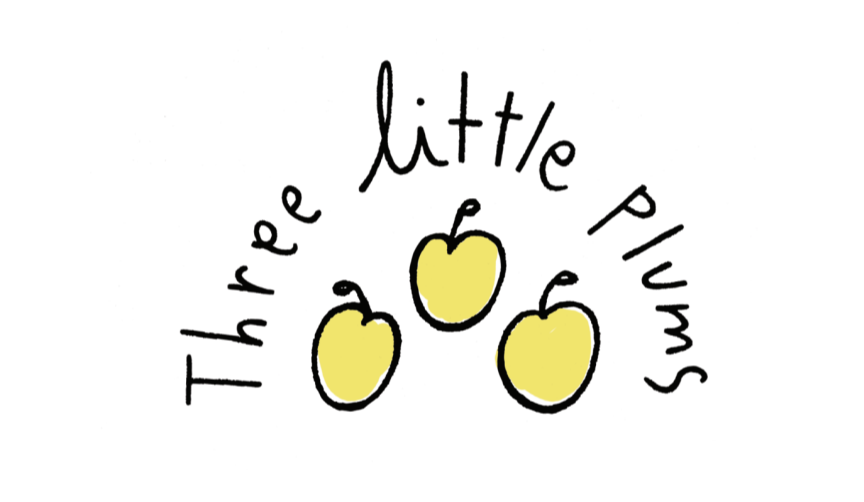The One (easy!) Thing That You Need To Start Doing To Prevent Breast Cancer In Yourself And Your Children

Photo Credit: Food Matters TV
Every October we are usually reminded to "think pink" in honor of Breast Cancer Awareness month. For me, it is a very important time since I am reminded that my mother fought and survived breast cancer over 13 years ago!
While buying and wearing pink items could be a nice way to honor the cause, for me the most important thing about Breast Cancer Awareness is that it gives us an excuse to give our own bodies and health the attention it deserves. Let's face it, women, especially mom's, tend to leave their own health for last on their long, long 'to do' lists. This month is our month. Breast Cancer is real and since "known' risk factors like genetics/family history, having children late in life etc account for only 30% of breast cancer cases, the reality is that it is everyone's problem (including men) because just about anyone could potentially get breast cancer. In fact, according to the Breast Cancer Fund, 250,000 men and women are diagnosed with breast cancer in the US each year and 40,000 will die of the disease.
So... what are you doing to prevent breast cancer ?
Most would (hopefully) answer : exercise, healthy diet and self exams. These habits should be ingrained in your daily routine.
But did you know that there is a MAJOR connection between environmental factors (ie chemicals in our environment) and breast cancer? There are over 85,000 synthetic chemicals on the market today. They can be found everywhere, in our lipstick and makeup, on our sofas, in our water, fruits and vegetables, on toys and even on our clothes. Many of these chemicals have been studied and have been linked specifically to breast cancer and yet they are still legally placed in our body lotions, shampoos, makeup, cleaners, hand soaps, perfumes etc.
It is time that we add limiting our exposure to certain chemicals to the list of steps we should be doing to prevent breast cancer.
It is also critically important we understand that a woman's exposure to chemicals years or even decades before her first tumor appears could very well be the cause of that tumor. This is why prevention should not start in our late 30's or early 40's. Prevention should start when a woman is pregnant and during early childhood. The chemicals a pregnant woman exposes her child to during the +/- 40 weeks of a babies fetal development and in the pre puberty years of early childhood have the possibility to affect that child's health decades later.
What chemicals should I be avoiding?
Ruthann Rudel, Director of Research at the Silent Spring Institute (a not for profit based in Massachusetts that partners with physicians, public health and community advocates and other scientists to identify and break the links between environmental chemicals and women’s health, especially breast cancer) has some good news:
"There are lots of different things you can do to reduce your exposure to breast carcinogens. Here are some of the worst offenders and some tips on how to avoid them:
Flame retardants: Don’t buy furniture or baby products containing flame retardants. When buying, say, a new couch or a new stroller, ask retailers for products that are flame retardant-free. Try to choose bedding, cushions, and upholstered furniture made from naturally flame-resistant materials such as wool, polyester, and hemp.
Solvents: Instead of taking your clothes to a dry-cleaner, find a “wet-cleaner” or one that doesn’t use harmful chemical solvents. Don't paint the nursery if you're pregnant as paint can contain a variety of solvents. Avoid fumes from gasoline and other solvents by storing the liquids in tightly-sealed containers and use only in well-ventilated areas.
Phthalates: Phthalates are a group of chemicals used to soften plastics. They're found in plastic food packaging, vinyl shower curtains, and many other consumer products. Avoid plastic food packaging by switching to a fresh food diet, store food in glass containers, and never microwave food in plastic. Get rid of your vinyl shower curtain and replace it with a non-vinyl alternative. In fact, avoiding vinyl products—especially pillow and mattress protectors—is a good idea in general."
Phthalates are also usually found in products that contain artificial fragrance. Switch out that body wash, face or body cream, that smells fruity!
The list of potential carcinogens is longer than three, however by following these easy to follow tips you can make an impact on your long term breast health. Even better news? If you follow these tips while pregnant you are helping your future child prevent breast cancer!
For more information on toxic chemicals in our everyday environment linked to breast cancer read the Silent Spring Institute's 'To Close To Home' feature and follow us, Non-Toxic Munchkin on Facebook and via this blog!
